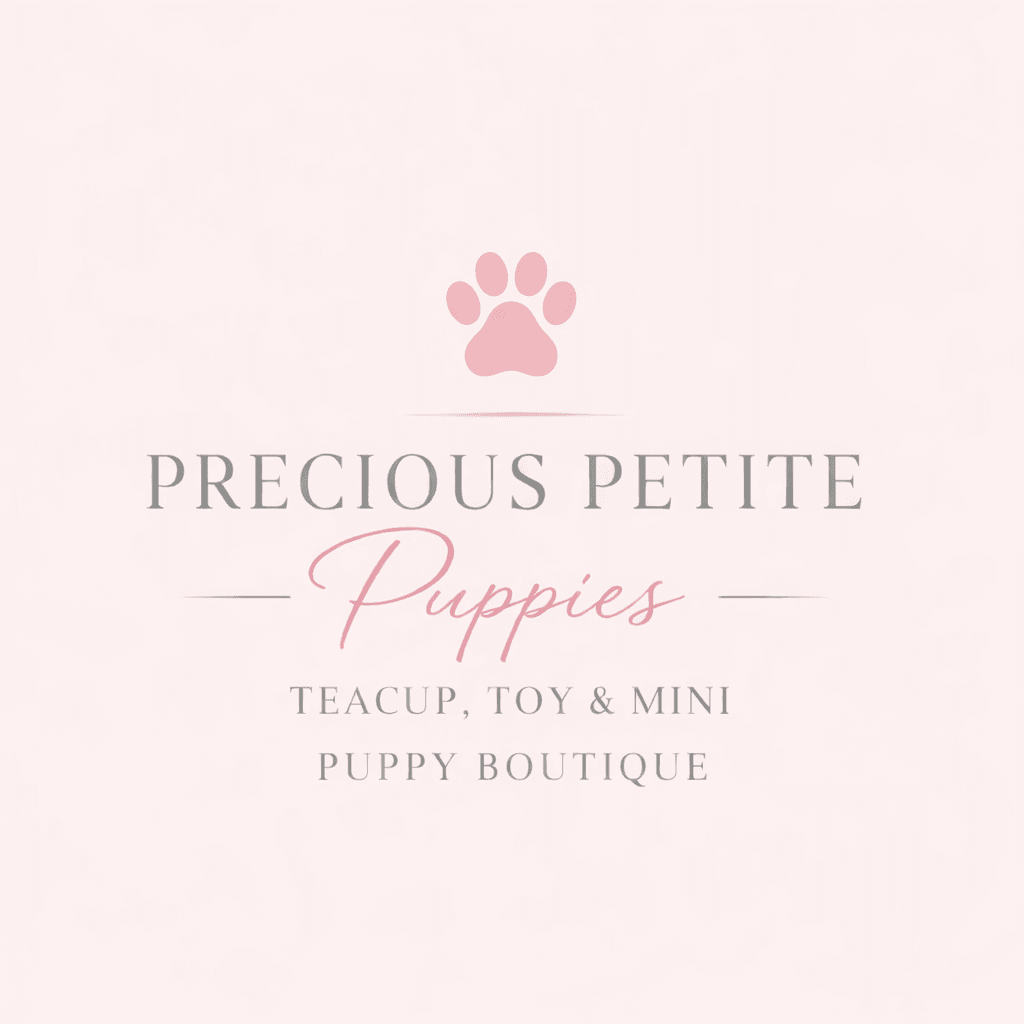Puppy Care 101: Essential Tips for First-Time Owners
PP
Preparing Your Home for a New Puppy
Bringing a puppy into your home is an exciting time, but it also requires some preparation to ensure a safe and welcoming environment. Puppy-proofing your home is essential to keep your furry friend safe and prevent any unwanted damage. Start by removing any hazardous items such as electrical cords, household cleaners, and small objects that could be swallowed.
Consider setting up a designated space for your puppy, complete with a comfortable bed, food and water bowls, and toys. This area will serve as their sanctuary where they can relax and feel secure. It's also a good idea to invest in a sturdy baby gate to limit their access to certain areas until they are fully trained.

Feeding Your Puppy
Proper nutrition is crucial for your puppy's growth and development. Consult with your veterinarian to choose the right food that meets the nutritional needs of your puppy’s breed and age. Puppies typically require more calories than adult dogs, so ensure you are feeding them a balanced diet.
Establish a regular feeding schedule to help your puppy develop healthy eating habits. Most puppies need to be fed three to four times a day. Monitor their weight and adjust food portions accordingly to prevent overfeeding or underfeeding.

Training and Socialization
Training should begin the moment your puppy comes home. Basic commands such as sit, stay, and come can be introduced early on. Consistency and positive reinforcement are key components of successful training. Use treats, praise, and affection as rewards for good behavior.
Socialization is equally important for your puppy's development. Expose them to different environments, people, and other animals gradually. This helps reduce fears and prevents behavioral problems as they grow older.

Health and Veterinary Care
Regular veterinary visits are necessary to ensure your puppy remains healthy. Schedule an initial check-up shortly after bringing your puppy home. This is the perfect opportunity to discuss vaccinations, deworming, and any other health concerns with your vet.
Your vet will provide a vaccination schedule tailored to your puppy's needs, typically starting around six weeks of age. Keeping up with these vaccinations is crucial for protecting your puppy against common diseases.
Exercise and Playtime
Puppies are bundles of energy and need plenty of exercise to stay happy and healthy. Daily walks and play sessions are great ways to help them burn off excess energy while strengthening the bond between you and your pet. Always supervise playtime to ensure safety, especially if other dogs or children are involved.
Provide a variety of toys to keep your puppy mentally stimulated. Chew toys, puzzle toys, and interactive games can help prevent boredom and destructive behavior.
Grooming Your Puppy
Regular grooming is essential for maintaining your puppy’s health and appearance. Depending on the breed, grooming needs can vary significantly. Generally, brushing their coat several times a week helps reduce shedding and prevents mats from forming.
Bathing should be done as needed using a puppy-safe shampoo. Additionally, don't forget about dental care—start brushing their teeth early to establish good oral hygiene habits.

